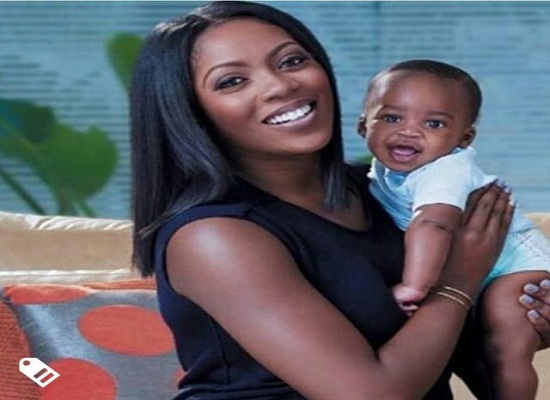

No one likes it when people yell at them, not even children. In as much as you need to discipline your children and raise them well, as a mother, you must learn how to correct your child without yelling at him or her.
Most mothers yell at their kids because they want to train them well.
Although you might have a good intention as a mother, yelling at your children actually defeats the aim of correcting or training them.
So, next time you think of yelling at your child, calm down and think of ways to correct them without shouting.
Children are fragile and vulnerable and treating the that way can be harmful.
Yelling at your kids often also creates a gap between you and your kids.
Have you wondered why so many kids claim they love their fathers more than their mothers despite that the mothers spend more time with them?
The reason is simple, most fathers pamper their children and do not yell often unlike mothers.
Children come up with weird thoughts when you yell at them. This is why you hear some kids ask; ‘Is she, my mother?’ ‘Why does she hate me?’ ‘Am I wrong all the time?’ and many other unanswered questions.
In some cases, mothers have preconceived notions that children listen more when you yell at them. Oh no! Yelling does not reinforce the message you are passing across, rather, it leaves the children fidgeting and feeling unloved. There are ways to make your children listen without yelling at them.
Also, if you have fallen deep into the habit, there are ways to snap out of that mode. Funny right? But it is achievable.
Below are four ways you can correct your child without yelling;
1-Recognize that yelling does no good to you child
Oftentimes, mothers believe that yelling or screaming at their kids is the only way to make them listen. This is not true! You need to recognise that yelling is not the way to make your child listen because it is not good for your kids. Yelling is not an effective way to make your child stop misbehaving, so stop yelling.
Also, recognising that a yell does not effectively help in passing across your message is a great reason to embrace the culture of correcting your child without yelling.
Therefore, understand that yelling gets everyone – the kids you are yelling at and yourself – upset, rather than discourage the bad behavior.
2 Set clear rules and maintain them
If your kids can read, compile household rules in written form and paste it where they can read. If your kids are still young, tell them the rules and reinforce them.
You might like to read How to teach your child to apologise
Each time they flout the rules, you could say “what’s the rule?” rather than yelling at the child to discourage the bad habit. Setting rules is not enough, you also need to state the consequences of disobeying rules, this helps you and your kids. It will also reduce the rate at which you yell at them.
3- Use warnings and ‘Stop It!’ rather than yelling
If you have a toddler or a young kid, often use the phrase ‘Stop it’ rather using a yell. If your child is of age, give stern warnings when they do wrong and avoid yelling.
4- Address the bad behaviors that make you yell
Your kids can’t be perfect and don’t expect them to always be. If you have noticed specific behaviors that make you yell often, address such bad behaviors. Do not address it when you are still angry to avoid using a yell, but do this when you are calm.
This might entail that you find out what is causing such behavior and tackle properly.




